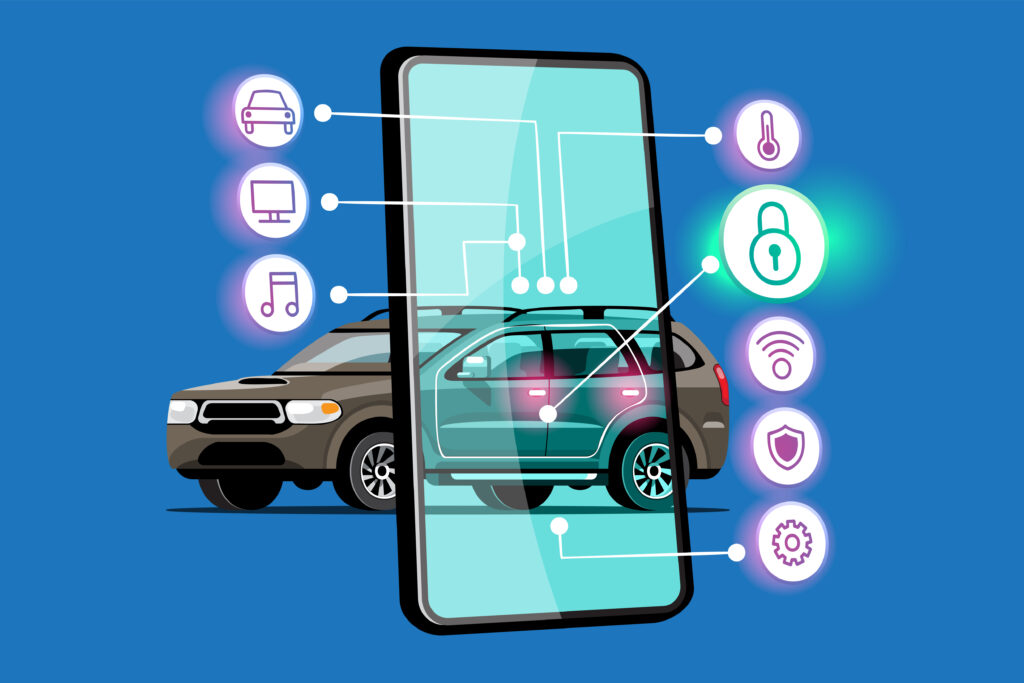Honda and Nissan just dropped some big news: they plan to merge by 2026, a game changer for the auto industry. This merger, worth around $58 billion, could create the biggest car company in the world, potentially beating out Toyota and Volkswagen in sales.
The news just dropped that both companies are teaming up because they feel the heat from new electric vehicle makers, especially from China. Plus, Mitsubishi Motors is also considering getting in on this merger. This could be a game-changer for Japan’s car industry.
Let’s see how Honda & Nissan confirm a $58 billion merger.
Background of Honda and Nissan
Honda Motor Co. and Nissan Motor Co. are two of Japan’s most prominent automakers, with rich histories and significant contributions to the global automotive market.
Honda started out in 1948 and has really made a name for itself when it comes to being innovative and delivering quality. They are well-known for their motorcycles, cars, and power equipment. Honda has always been a frontrunner in creating fuel-efficient vehicles, and these days, they are putting a lot of effort into electric mobility.
Nissan started up in 1933 and has a pretty varied selection of cars, including electric ones like the Leaf. Lately, though, they have been hitting some bumps in the road, with a big drop in their earnings.
Both companies have been having a tough time keeping up with the fast-changing market trends and what consumers want, especially when it comes to electric vehicles (EVs).
Rationale Behind the Merger
The Honda and Nissan merger is mainly about keeping up with the changing car industry. Here are a few reasons why they decided to team up:
Increased Scale
If Honda and Nissan join hands, they can share their resources, tech, and know-how. This merger could make them a stronger competitor against bigger players like Toyota and Volkswagen, as well as new challengers like Tesla and BYD from China.
Cost Efficiency
Teaming up through a merger could really help both companies save on research and development costs, which is super important since they are both putting a lot of money into EV tech. Working together like this could lead to some good savings and make their production processes a lot more efficient.
Market Positioning
Teaming up through a merger could really help both companies save on research and development costs, which is super important since they’re both putting a lot of money into EV tech. Working together like this could lead to some good savings and make their production processes a lot more efficient.
The Role of Mitsubishi Motors
Mitsubishi Motors is thinking about jumping into the merger talks too. Being part of the Nissan alliance could really boost the new company’s presence in the market. We should know by the end of January 2025 if Mitsubishi is going to join in or not.
Future Plans
The timeline for this merger is pretty ambitious. Honda’s president, Toshihiro Mibe, mentioned that they hope to wrap up a formal merger agreement by June 2026, with plans to kick off a joint holding company by August 2026. This new company will probably focus on building electric vehicles and sustainable technologies to tackle the growing concerns about the environment.
Leadership Structure
Honda will kick things off by managing the newly merged company since they have a bigger slice of the market right now compared to Nissan. But moving forward, both Honda and Nissan will need to come up with a way to work together that honors their different company vibes while still pushing for innovation.
Challenges Ahead
While the merger presents numerous opportunities, it also comes with challenges.
Cultural Integration
Bringing together two different company vibes can be tricky. Each company has its own way of doing things and different expectations from their employees that need to be worked out.
Regulatory Hurdles
The merger needs the green light from regulatory agencies in different countries, and they might take a close look at it to see if there are any anti-competitive issues.
Market Reactions
How investors react will be really important as both companies go through this change. At first, responses have been all over the place; some people are excited about the potential for growth, while others are doubtful about whether these two big players can actually work well together.
Industry Implications
The potential merger between Honda and Nissan could ignite a thrilling transformation in the automotive industry, paving the way for other manufacturers to tackle the fast-evolving landscape of technology and market demands.
As established automakers grapple with nimble competitors from China and groundbreaking startups dedicated to electric vehicles, we might be on the brink of a wave of powerful consolidations like this. Buckle up—exciting times ahead for the future of driving!
Competitive Landscape
The car industry is going through some big changes as more people are picking electric vehicles. Companies like Tesla have shaken things up by focusing on tech-savvy solutions that really hit home with eco-friendly buyers. Now, with Honda and Nissan possibly merging, they’re looking to team up and strengthen their game against the competition by combining their engineering and design skills.
Last Thoughts!
The upcoming merger between Honda and Nissan is a big deal for both companies as they try to keep up in a tough car market that is all about electric vehicles. By teaming up, they are looking to strengthen their position, work more efficiently, and come up with fresh ideas that meet what consumers want.
Looking ahead to 2026, it is going to be really interesting to see how this partnership plays out. Will they be able to tackle the challenges coming their way while making the most of the opportunities in the changing auto industry? With Mitsubishi Motors possibly jumping on board, it could really shake things up for Japan’s car scene, especially as these long-established brands work hard to stay relevant in such a fast-moving tech landscape.
FAQs: Honda & Nissan $58 Billion Merger
What is the purpose of the Honda and Nissan merger?
The combination aims to pool resources to boost innovation, cut costs, and strengthen their competitive position in the global automotive market.
Will the brands Honda and Nissan remain separate?
Yes, both brands will maintain their distinct identities and product lines, but they will work together on technological development and common platforms.
What does this mean for customers?
Customers could anticipate more innovative and cost-effective vehicles as the companies collaborate on innovation and production.
Will this merger focus on electric vehicles (EVs)?
Yes, both entities will prioritize the development of electric vehicles and green technology to achieve global sustainability targets.
When is the merger expected to be finalized?
While the announcement has been made, the finalization is dependent on regulatory approval, which might take several months to a year.



